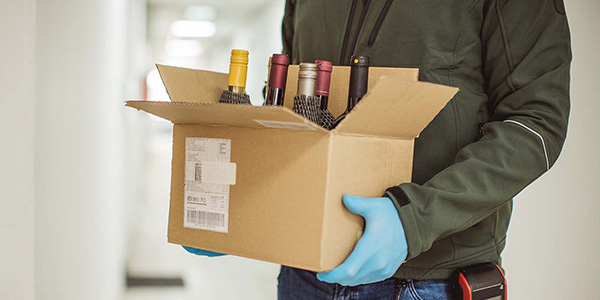Polling Snapshot: South Australians’ views on proposed measures to reduce family and domestic violence
FARE conducted polling in South Australia to understand community attitudes toward alcohol law reforms aimed at reducing family and domestic violence linked to the online sale and rapid delivery of alcohol.











